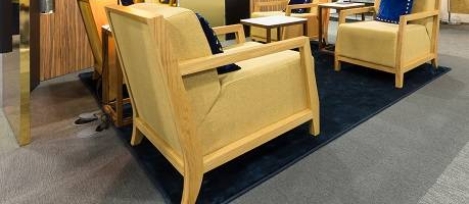June 14, 2016
UK leads the world in serviced offices and demand is set to rise 0
 The UK is the leading global serviced office sector, with the largest and most mature market, accounting for over a third (36 percent) of the worldwide serviced office footprint, according to a new report commissioned by serviced office group Office Space in Town. The UK serviced office market has grown by 31 percent since 2008, and it is projected to increase in value significantly by 2025, to £62 billion on conservative projections and £126bn on more optimistic forecasts. There are three key drivers behind its rise: increasing numbers of growth businesses, expansion of key sectors that use serviced offices and the trend towards more flexible working. There are sound economic and business behavioural reasons to believe this growth in demand for serviced offices will continue over the next decade. This, in part, will come from growth in small firms and business start-ups, which comprise a large share of current serviced office users.
The UK is the leading global serviced office sector, with the largest and most mature market, accounting for over a third (36 percent) of the worldwide serviced office footprint, according to a new report commissioned by serviced office group Office Space in Town. The UK serviced office market has grown by 31 percent since 2008, and it is projected to increase in value significantly by 2025, to £62 billion on conservative projections and £126bn on more optimistic forecasts. There are three key drivers behind its rise: increasing numbers of growth businesses, expansion of key sectors that use serviced offices and the trend towards more flexible working. There are sound economic and business behavioural reasons to believe this growth in demand for serviced offices will continue over the next decade. This, in part, will come from growth in small firms and business start-ups, which comprise a large share of current serviced office users.




































June 13, 2016
Culture change needed to stem senior female executive attrition rate 0
by Sara Bean • Comment, Flexible working, Legal news, News, Workplace
(more…)